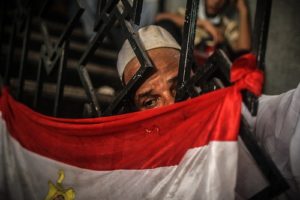Fiction and Colonial Identities: Arsène Lupin in Arabic
Middle Eastern Literatures Volume 13, Issue 2, 2010, pages 191-210 Special Issue: Arabic Literature in Egypt at the Beginning of the 20th Century in Search of New Aesthetics: Al-Muwaylihi and Contemporaries DOI: 10.1080/1475262X.2010.487317 Samah Selim Along with Ponson du Terrail’s Rocambole and Arthur Conan Doyle’s Sherlock Holmes, Maurice Leblanc’s Arsène Lupin is one of the most famous popular fiction figures in the
» Read more